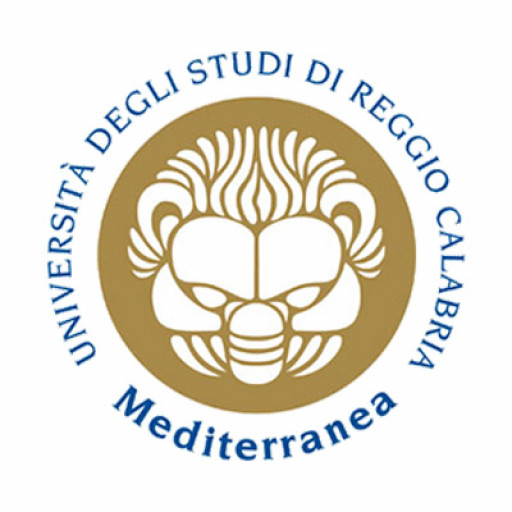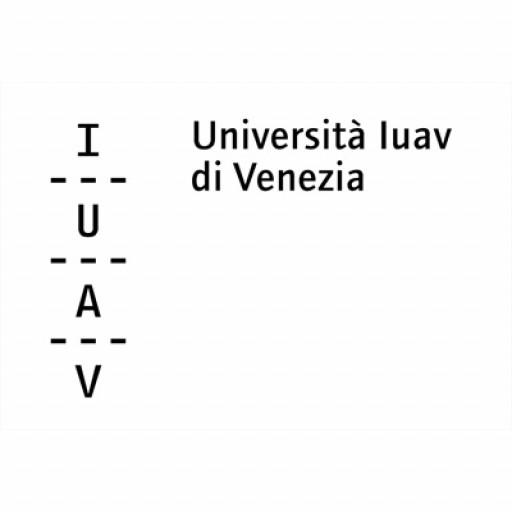Photos of university / #ucl
The Architecture and Digital Theory program at University College London offers an innovative interdisciplinary approach that integrates traditional architectural design principles with cutting-edge digital technologies and theoretical frameworks. This comprehensive program is designed to equip students with the skills necessary to navigate and shape the rapidly evolving landscape of architecture in the digital age. Throughout the course, students explore the core aspects of architectural practice, including design, construction, and urban planning, while simultaneously engaging with digital tools such as parametric design, computational modeling, virtual reality, and digital fabrication. These technological skills are complemented by a deep understanding of architectural theory, philosophy, and history, providing a well-rounded educational experience that emphasizes critical thinking and contextual analysis.
The program encourages students to experiment with new digital methodologies and to develop innovative architectural concepts that respond to contemporary social, environmental, and technological challenges. By fostering an environment of creativity and technological expertise, the program prepares graduates to become leaders in architectural innovation, digital design, and research. The curriculum includes hands-on design studios, theoretical seminars, research projects, and opportunities for interdisciplinary collaboration, offering students a dynamic learning environment. Collaborations with industry partners, architectural practices, and research institutions further enrich the educational experience, providing practical insights and professional networking opportunities.
Graduates of the Architecture and Digital Theory program are equipped to pursue careers in architectural design, digital visualization, computational architecture, urban planning, and academic research. The program’s emphasis on both technical proficiency and theoretical understanding ensures that students can critically assess the impact of digital technologies on architecture and society. With a strong focus on sustainability, innovation, and academic rigor, the program aims to develop forward-thinking architects who can leverage digital tools to create innovative, sustainable, and contextually responsive environments for the future.
Students on this programme gain understanding of the ways that information about architecture and digital theory can be analysed, evaluated and categorised. They will also consider the role of the practitioner in respect to research and design in the built environment and be introduced to theories of design as a knowledge- or evidence-based process.
Students undertake modules to the value of 180 credits.
The programme consists of two core modules (60 credits), two optional modules (30 credits) and a dissertation/report (90 credits).
Core modules
- History and Theory of Digital Design
- Architecture and Digital Theory: Mini Research Project
- Architecture and Digital Theory: Main Research Project
Optional modules
Students choose two of the following:
- Design as a Knowledge-Based Process
- Introduction to Programming for Architecture and Design
- Architectural Design: Historical, Cultural and Theoretical Skills
Dissertation/report
All students undertake an independent research project which culminates in a dissertation of 15,000 words.
Teaching and learning
The programme is delivered through a combination of Informal and formal presentation to critics, lectures and seminars, face-to-face and email tutorials. Assessment is through coursework, written papers and public presentations.
The normal minimum qualifications are an upper second-class Bachelor's degree in architecture or an associated design discipline from a UK university or an overseas qualification of an equivalent standard.
The Bachelor of Science in Architecture and Digital Theory at University College London offers various financing options to support students throughout their studies. Tuition fees vary depending on the student's residency status, with UK and EU students typically paying a different rate than international students. For the academic year 2023/2024, the estimated tuition fee for home students is approximately £9,250 per year, while international students may be charged around £20,000 per year. These fees are subject to annual increases and may differ for subsequent years of study.
Students are encouraged to explore various funding sources to finance their education. Many students apply for government-supported loans and grants through the Student Loan Company, which can cover tuition fees and provide maintenance support for living expenses. UK students are often eligible for undergraduate student loans, which they can repay after graduation once their income exceeds a certain threshold. International students are typically required to finance their studies through personal savings, private loans, or sponsorship from their home country government or organizations.
UCL also offers a range of scholarships and bursaries aimed at supporting talented students with financial need. These scholarships can cover partial or full tuition fees and sometimes include additional funds for living costs. Eligibility criteria vary and applicants are advised to check the specific scholarship requirements and application deadlines on the university’s official website. Furthermore, students are encouraged to seek external funding opportunities, including government scholarships, private foundations, and international organizations that support studies in architecture and digital arts.
Part-time work opportunities are available on campus, allowing students to earn additional income during their studies. The university’s Career Services provides guidance and assistance in finding suitable employment. Some students may also consider internships or cooperative education programs that provide practical experience and financial compensation, integrating work with their academic curriculum.
Living expenses in London are an important consideration for prospective students. The estimated annual cost of living, including accommodation, food, transportation, and personal expenses, is roughly £12,000 to £15,000. Students can reduce costs by choosing university accommodation, which may be more affordable than private housing, or by sharing living expenses with roommates.
Overall, financing a degree in Architecture and Digital Theory at UCL involves a combination of university grants, government loans, personal savings, and employment income. Early planning and applying for all available funding opportunities are essential for managing the financial aspects of study at UCL.
The MSc in Architecture and Digital Theory at University College London offers a comprehensive exploration of the intersection between architecture, digital technologies, and theoretical frameworks. This programme is designed for students interested in understanding how digital tools and computational processes influence architectural design, fabrication, and theoretical discourse. The curriculum emphasizes critical thinking about digital practices and fosters innovative approaches to architectural research and practice. Students engage with a diverse range of topics, including parametric design, digital fabrication, virtual environments, and the philosophical implications of digital culture. The programme aims to equip graduates with advanced skills in digital modeling, programming, and conceptual analysis, enabling them to operate at the forefront of contemporary architectural innovation. Coursework may include design studios, seminars, workshops, and research projects that challenge traditional boundaries of architecture. Throughout the course, students are encouraged to critically evaluate digital tools' role in shaping urban environments and architecture's societal impact. The programme is suitable for those with backgrounds in architecture, design, digital media, or related fields, seeking to deepen their understanding of digital technologies in architectural contexts. The university provides excellent facilities, including access to sophisticated digital laboratories and software, as well as collaborative spaces that foster interdisciplinary exchange. Graduates of this programme are well-positioned for careers in architectural design firms, digital consultancy, research institutions, or further academic study in architecture and digital theory. The programme reflects University College London's commitment to interdisciplinary innovation, research excellence, and preparing students for leadership roles in a rapidly evolving digital landscape.







